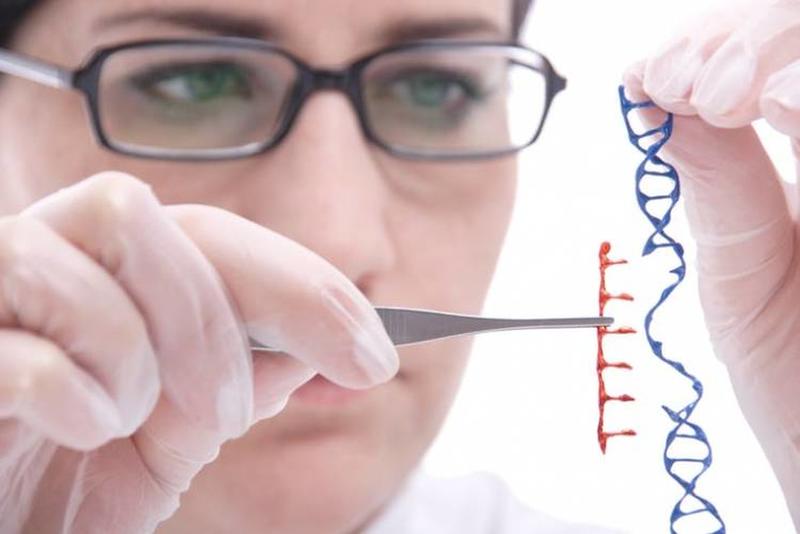Who doesn't want to live forever? Death leads to a dark bottomless abyss which no one has been able to describe with perfect accuracy. It is something we all will inevitably go through, but won't be able to transmit the information back to the realm of those who are still alive. Scientists have found 15 ways that we could actually use to try cheating death - but could technology enable this in the years to come? Read on to find out more.
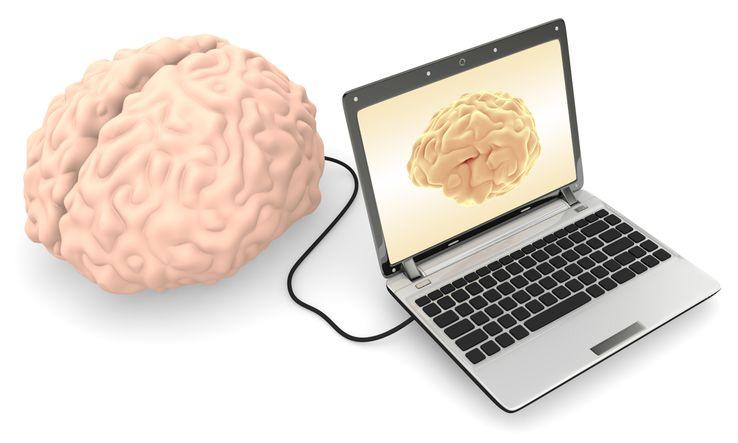
The human body eventually deteriorates and loses its robustness. The skin will loose its elasticity and the bones will become weak. This is because telomerase get worn and damaged with time. If scientists can engineer telomerase, it could reverse ageing.
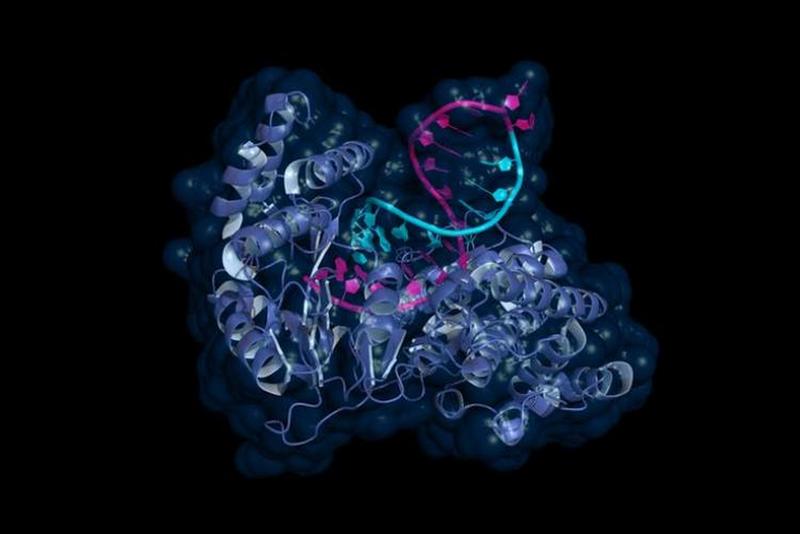
So what if the body crumbles into dust and decomposes into brittle bones. A technique called brain emulation can allow your entire 'being' or 'essence' to get uploaded on a computer where you can retain your personality.
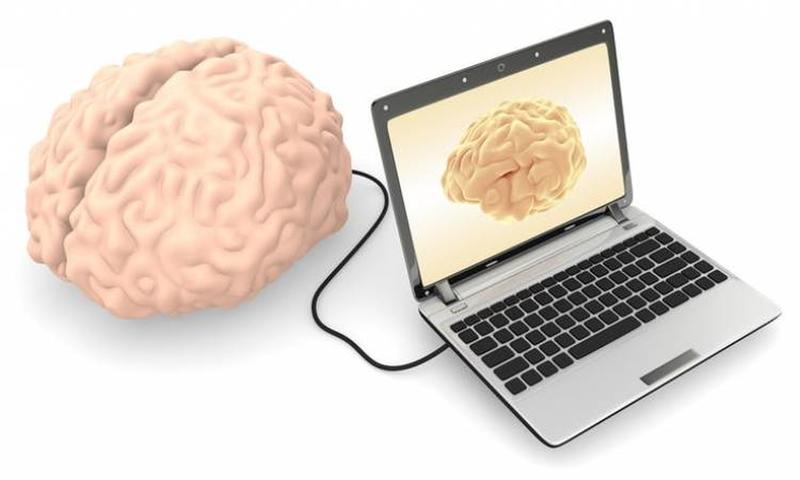
Although the technology is still in its infancy, if they're put to good use, they can replace damaged tissues and cells. Researchers from MIT have successfully used nanoparticles to destroy tumors in mice. There's no reason why it can't be replicated in humans.
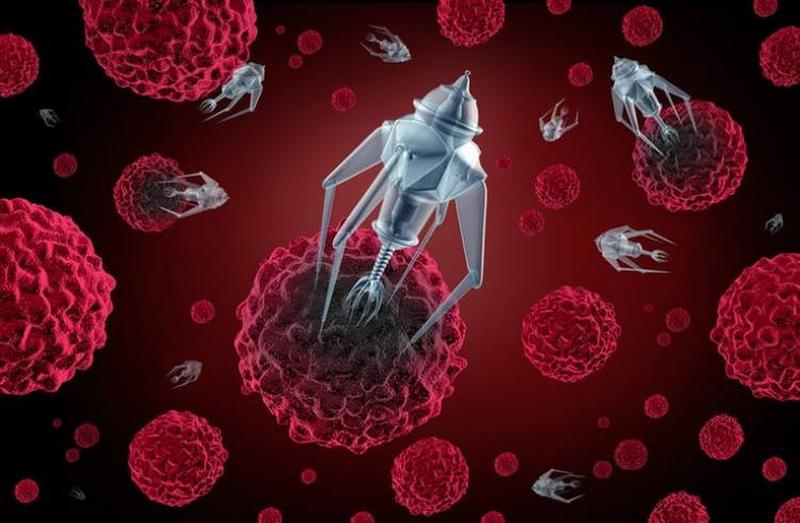
Losing a limb can be a life changing injury. But what if we could clone those parts and grow them back. Scientists have been able to clone adults stem cells from human skins to grow tissue in the elderly.
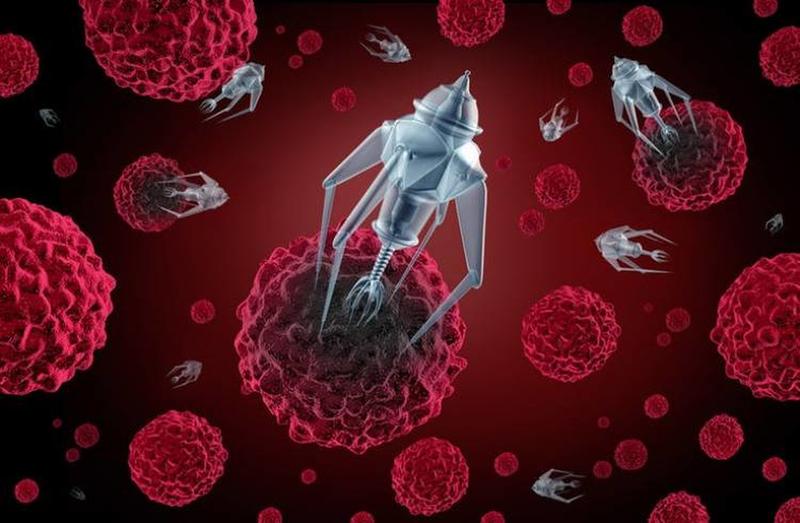
This is similar to clothing but quiet different in that, you're growing the organs in the labs to save lives. 3D printers are being used to create body parts for patients who have a need for them.
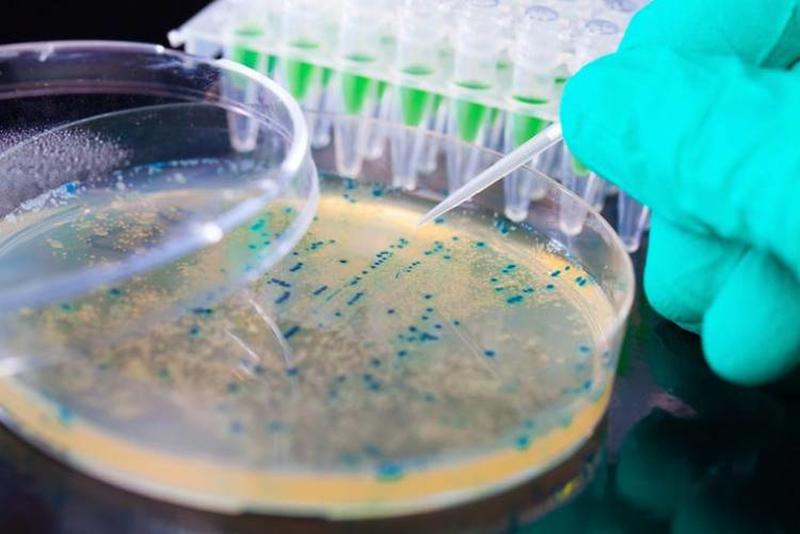
These are mechanical versions of the 3D parts. They can be used in place of dismembered limps. Most of us know them in the form of prosthetic arms and legs, and can even be used purely for aesthetic reasons.

An experiment found that mice who received blood from the young showed a surge of improvement in brain activity. The part of the brain responsible for memory and learning had experienced cell growth. We haven't found its effects on the human brain however.
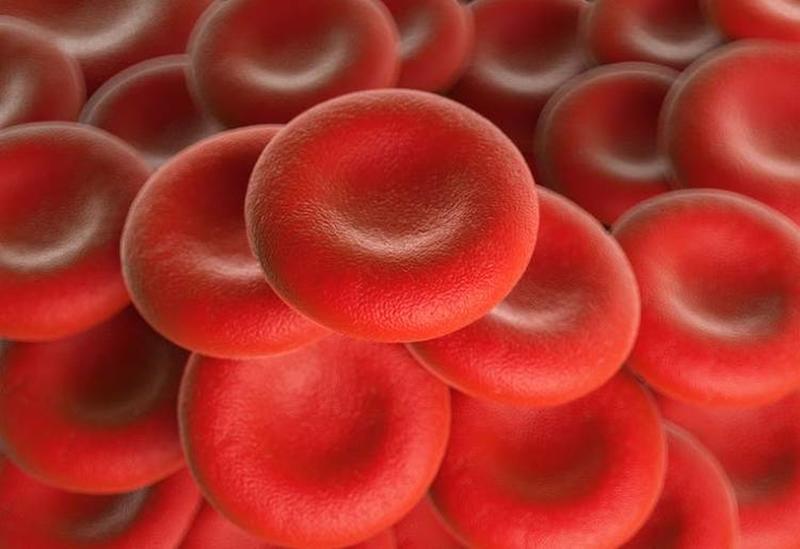
Google has invested in 23andme, a Do IT Yourself kit which can help discover what's deep within people's own DNAs. This can allow people to discover from the comforts of their own home if they have any health risks, probability of developing illnesses and others.

The concept of freezing the human body has existed for quite a long time, but no one has been able to figure out the process of defrosting the body without damaging it irreversibly. But even when it can be done, it would only be possible for the rich.
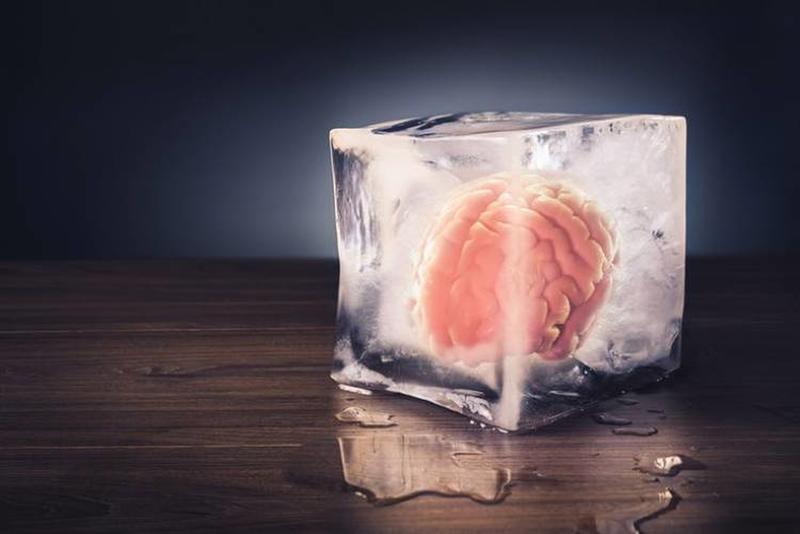
Although a lot of anti aging creams and pills are available in the market right now, they don't really deliver much. But there is a special protein in the market called the ALK5 Inhibitor. Mice who received the substance regrew their muscles.
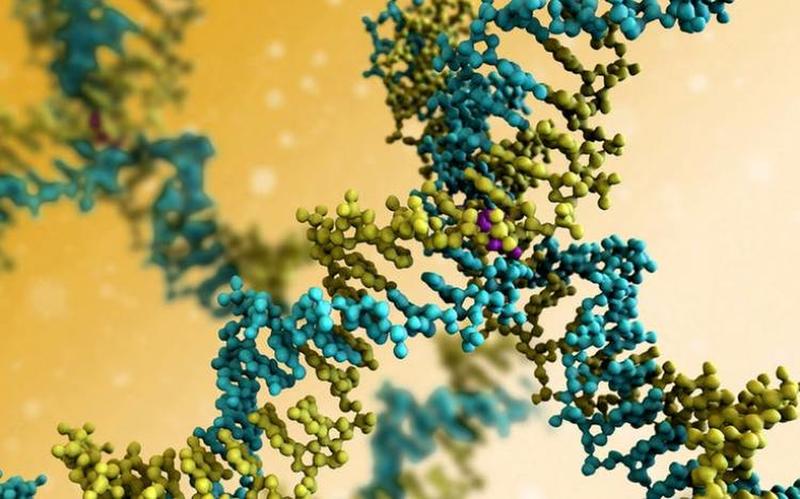
What if we're able to simulate a computer world which contains all of our uploaded memories. An actual simulation which can go on for millions of years? The use of cloud computing could allow this to become a reality.

Artificial Intelligence is growing rapidly. There will come a time when humans will be able to upload data from computers on to themselves. This can allow them to grow exponentially smarter - and the line between AI and humans begin to fade.
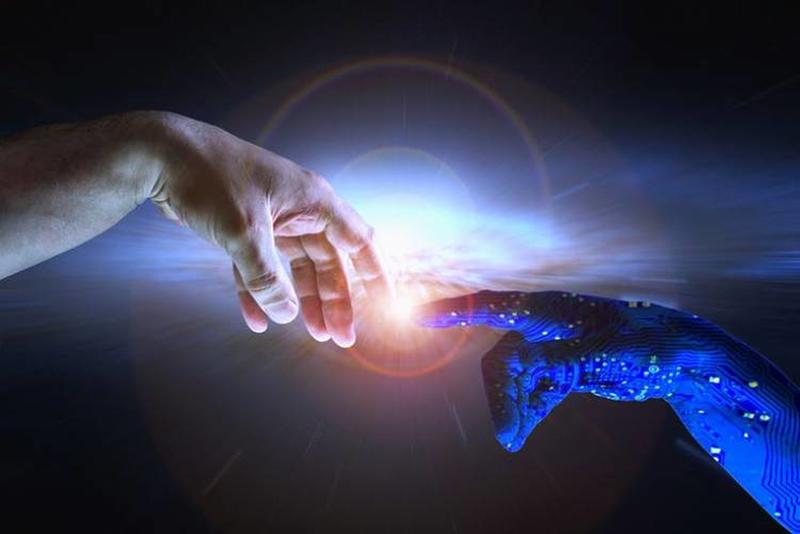
Most scientists agree that the earth is prone to getting hit by asteroids and subjected to brutal conditions of the space. But what if we could pack our bags and migrate to another planet to seek refuge?

Building genetically engineered 'perfect' humans is a concept that has been explored in the novel 'Never Let Me Go" by Kazuo Ishuguro. It explores the darkness that most genetically engineered humans were subjected to. But the concept is very cool nonetheless.

Put simply, Gene Therapy is when you replace missing and defective genes with their normal variants. For instance, scientists are trying to fuse human skin cells with spider silk proteins to achieve something similar to bulletproof vests.
